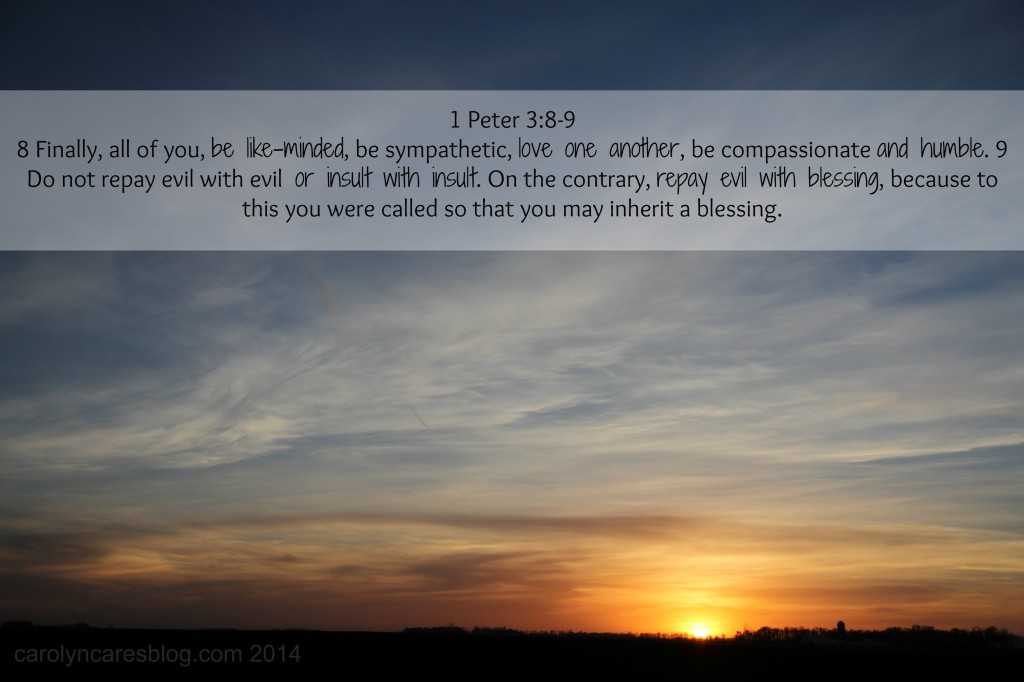Last week I had the opportunity to travel to Austin, Texas for AgChat’s Cultivate and Connect conference. This was a gathering of over 140 people from all over the United States, Canada, and Australia. It was a wonderful mix of accents and agricultural backgrounds. I loved meeting so many awesome people in person that I have talked farming with over social media for a long time. For some, it was as if we’ve been neighbors for years.
The whole conference was centered around helping us to tell our agriculture story more effectively. We had great keynote speakers: Thom Singer opened the conference, and really fired us up. Katie Uhlaender, an Olympic skeleton athlete and rancher from Kansas gave us some things to think about while she was telling her story. Montana Logger Bruce Vincent closed the conference, telling us how important it is to get our stories out there, and lead from the front. I also attended four breakout sessions, and had the opportunity to tour North America’s largest Whole Foods, which was founded in Austin.
I like making lists to help me process my thoughts after attending inspiring conferences like this one. I thought I would share 10 takeaways with you, to help you see the conference from my perspective.
10. Agvocates are Awesome! Every single person I met was exactly how I thought they would be. We all have a passion for telling our stories, so there was never a lull in the conversations. I just wish I was able to spend more time with more people. Two days just wasn’t enough to see everyone I wanted to see!
9. Every Agvocate should attend at least 1 AgChat event. Where else can you go, see someone in person for the first time, and immediately go up to them and give them a huge hug? I swear, some of them could be my long lost relatives. This feeling of “you look so familiar” was common, even with people I wasn’t following on social media. If meeting your fellow #AgNerds isn’t enough, the training available, and the expertise amongst the AgChat Foundation board members and fellow attendees makes the whole stress of traveling worth it. I’m not a good flyer…and this was my first time booking a ticket and flying by myself. The experience was totally worth the stress!
8. The City of Austin is cool…and a lot like agriculture. This was my first time staying in Austin, and only the 2nd time I had been there at all. Austin is one of those cities that amazes me. The first night we went to an upscale foodie type restaurant, and the last night it was a taco bar. We ate at a food truck for one of our conference meals, and at our banquet we had a delicious taste of Austin. There were so many great choices, that it was hard to decide which establishment I wanted to try when given the chance. The whole area was a mix of culture, taste, music, and attitude which gave the whole city a vibe that made it one of those experiences I won’t soon forget. If you were to remove one of those elements, the city wouldn’t be as exciting. That’s where it is a lot like agriculture. We have a mix of culture, taste, attitude, and styles that gives ag a great vibe. It is necessary to have a wide range of choices for our consumers, so they can choose what part they want to experience at any given time.
7. Listening to our consumers may get uncomfortable. What does it mean to you when you hear the phrase, “We need to listen to our consumers”? We had a blogger, a journalist, and a chef who really have little to no connection to agriculture speak. The blogger was in a breakout session that I did not attend, but she has been good about participating in more Q&A online following the conference. The other two were part of a panel, along with a registered dietician who does have a connection to agriculture. The conversation got uncomfortable at times, as we heard things being said about agriculture that are completely different than what we see, and it was hard to not get really upset. We really needed to go into the situation with an open mind in order to better understand where those consumers were coming from. We aren’t really listening to our consumers if we’re busy forming rebuttals to what they say while they are speaking.
6. Our consumers are smart – they don’t need educating. How many times have you heard…or uttered the phrase…they just need to be educated, then they’ll accept my type of farming? Many of the consumers that “need educating” are college graduates. I don’t have a college degree, so how can I imply that I am smarter than they are? That’s kind of presumptuous, isn’t it? Taking an air of superiority isn’t going to foster a relationship built on trust. As we heard from one speaker, we need to engage, not educate.
5. For every negative story, we need 6 positive stories to break even. It’s easy to see how many people are so depressed when you listen to the news. Every story is so negative. It gets to the point where you never want to watch the news again. Negativity sells. This is why it is so important to get positive agriculture stories out there. We may not see an increase in corn prices because we blogged about the new calves that were born last night, or about how a combine works, but is that the only reason to blog? We need to get so many good stories about agriculture out there that we are the first choice on search engines when someone is asking why a goat eats cans.
4. We have awesome stories. I loved a point that Bruce Vincent made. He talked about how we are not perfect, but we have great stories to tell. He also stated that, “Rural cultures need a trusted ‘human face’ to share our story…that story is yours.” How much more convincing do we need? I would love it if more farmers were tweeting or sending Facebook updates from their fields, barns, and pastures. I want to hear the stories as much as anyone. When our consumers are ready to hear, give them something to read!
3. You’ll never know when you’ll need someone in your network. This was a major point made by Thom Singer. We never know when we meet someone how they will impact our lives. I know that the people I hung out with before and after the conference have made a huge impact on me already. They are my mentors and my peers. It is important to keep up those relationships, because you never know when you might need them.
2. We cannot attack others in agriculture because they don’t do it our way. Nothing makes me upset more than agvocates putting down other agvocates because they do things differently. Why perpetuate the negative stories or assumptions when you have such an awesome positive story to tell? When agvocates let their differences take over, they lose out on relationships with some pretty darn good people.
1. Building relationships takes time and work, but it is worth it! I joined Twitter 2 years ago so I could participate in AgChat on Tuesday nights. I met some pretty fun people because of those chats, and gained a lot of new social media friends. That led to my very first AgChat conference, and regional event held in Minnesota…which ultimately led to attending the Cultivate and Connect conference in Austin. It was easy to work on those relationships, as I would encounter them regularly during chats or when posting about my farm. We were challenged by Thom Singer to work on our relationships, and be the one to reach out and say ‘hello’. Be prepared, my friends. I’m looking forward to more conversations, and building more relationships with both #AgNerds and consumers.
I’d like to thank the AgChat Foundation board for working so hard at making this conference a positive experience!







